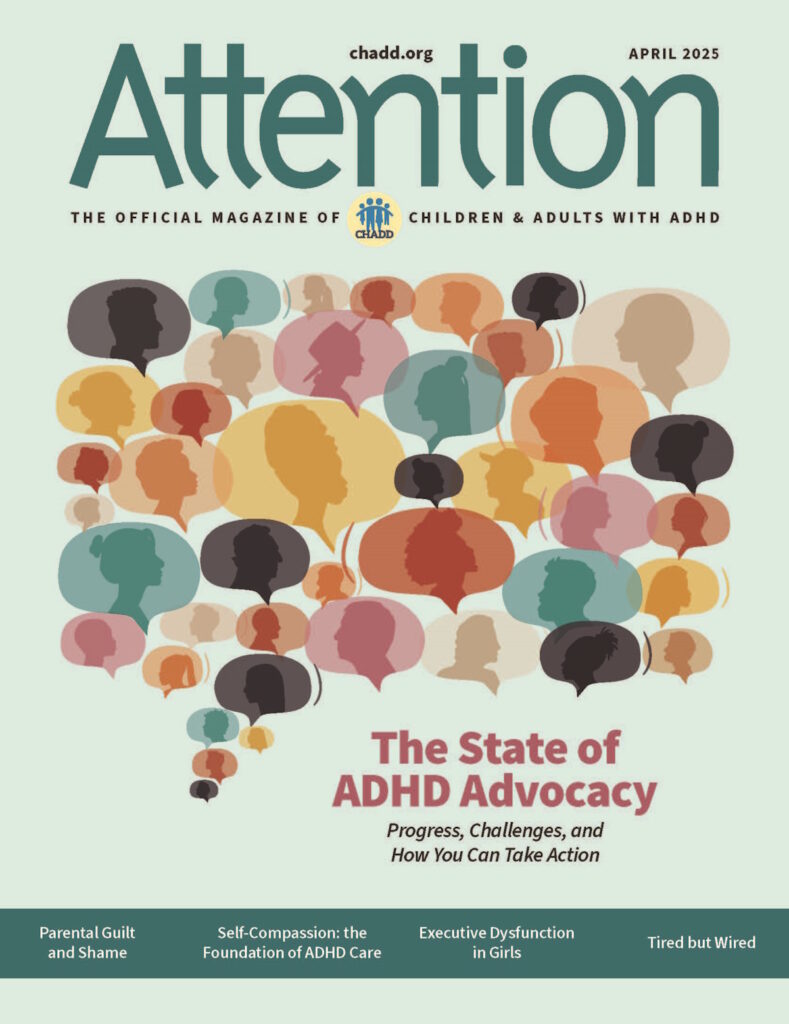ADHD in the News 2025-05-01
May 1, 2025Student athletes with ADHD more susceptible to concussion: U-M researcher discusses
Childhood ADHD linked to higher fast-food consumption in adulthood
Study shows significant increase in mental health diagnoses among publicly insured children
ViewADHD Weekly, May 1, 2025
May 1, 2025Why Look for Complementary Approaches?
Talking to Your Child’s Doctor About ADHD Treatment
Becoming an Adult and Managing ADHD
View
Attention Magazine
Recognized for its excellence, CHADD’s bimonthly magazine is rich in practical information, clinical insights, and evidence-based strategies for managing ADHD.
LEARN MORE












